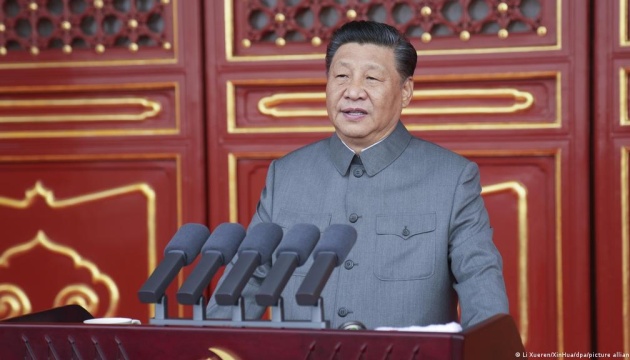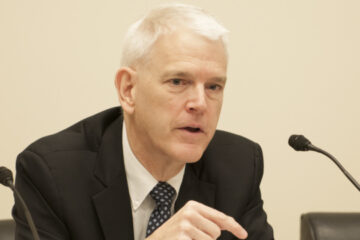
Chinese President Xi Jinping will not participate in the BRICS summit in Brazil’s Rio de Janeiro on July 6-7 as the country will be represented by Prime Minister Li Qiang.
This was announced at a briefing by Chinese Foreign Ministry spokeswoman Mao Ning, an Ukrinform correspondent reports.
“Premier of the State Council (Government) Li Qiang will visit Brazil from July 5 to 8 and participate in the 17th BRICS summit in Rio de Janeiro,” Mao said.
According to the spokesperson, the BRICS cooperation mechanism offers the most important platform for solidarity and cooperation among developing countries and emerging economies, being the basis for universal and inclusive economic globalization.
“China looks forward to working with all parties to strengthen the BRICS strategic partnership, jointly address challenges facing countries, and promote common development and global governance,” the diplomat added.
At the same time, the foreign ministry spokeswoman stopped short of explaining the reasons for the Chinese government’s decision to send the premier of the State Council to the event.
“China values the BRICS mechanism. We believe that BRICS is an important platform for cooperation and development in the Global South and an important force for upholding multilateralism. We value BRICS cooperation and will participate in the work of the BRICS format,” Mao said when asked about the country’s leader’s absence from the important meeting in Rio.
Earlier, media reports claimed the main reason for the Chinese leader’s reluctance to attend this year’s BRICS summit was that he had already met with Brazilian President Luiz Inácio Lula da Silva twice in less than a year – first at the Group of Twenty (G20) summit in Brazil last November, and then on May 13 in Beijing during the meeting of the foreign ministers of the China-CELAC (Community of Latin American and Caribbean Countries) forum.
Another possible reason is the increased attention of the Brazilian side to Indian Prime Minister Narendra Modi, with whom Xi has a tense relationship, in particular, inviting the head of the Indian government to a state dinner after the BRICS summit, since in this case the Chinese leader could be perceived as not being the main person at the meeting.
Regardless of the reasons for the Chinese leader’s absence from the BRICS summit, officials in Brasilia are not hiding their disappointment, noting that Lula, who is having difficulty flying after undergoing a complicated medical operation, still visited Beijing in May as a “goodwill gesture,” expecting the Chinese leader to reciprocate and come to the summit in Rio.
The BRICS group, which currently has on board a total of 10 countries with emerging economies, including Brazil, China, India, Russia, and Iran, is considered the main geopolitical rival of the G7 bloc of the world’s leading developed economies and is implementing competing initiatives such as the BRICS Development Bank, BRICS PAY (an analogue of SWIFT), joint publication of BRICS statistics, a BRICS reserve currency, and others.
As Ukrinform reported earlier, Kremlin leader Vladimir Putin decided not to go to the BRICS summit in Brazil due to the country’s stance on the International Criminal Court’s arrest warrant issued for the Russian president over the abduction of Ukrainian children by Russian invasion forces.
Photo: Ricardo on Unsplash



